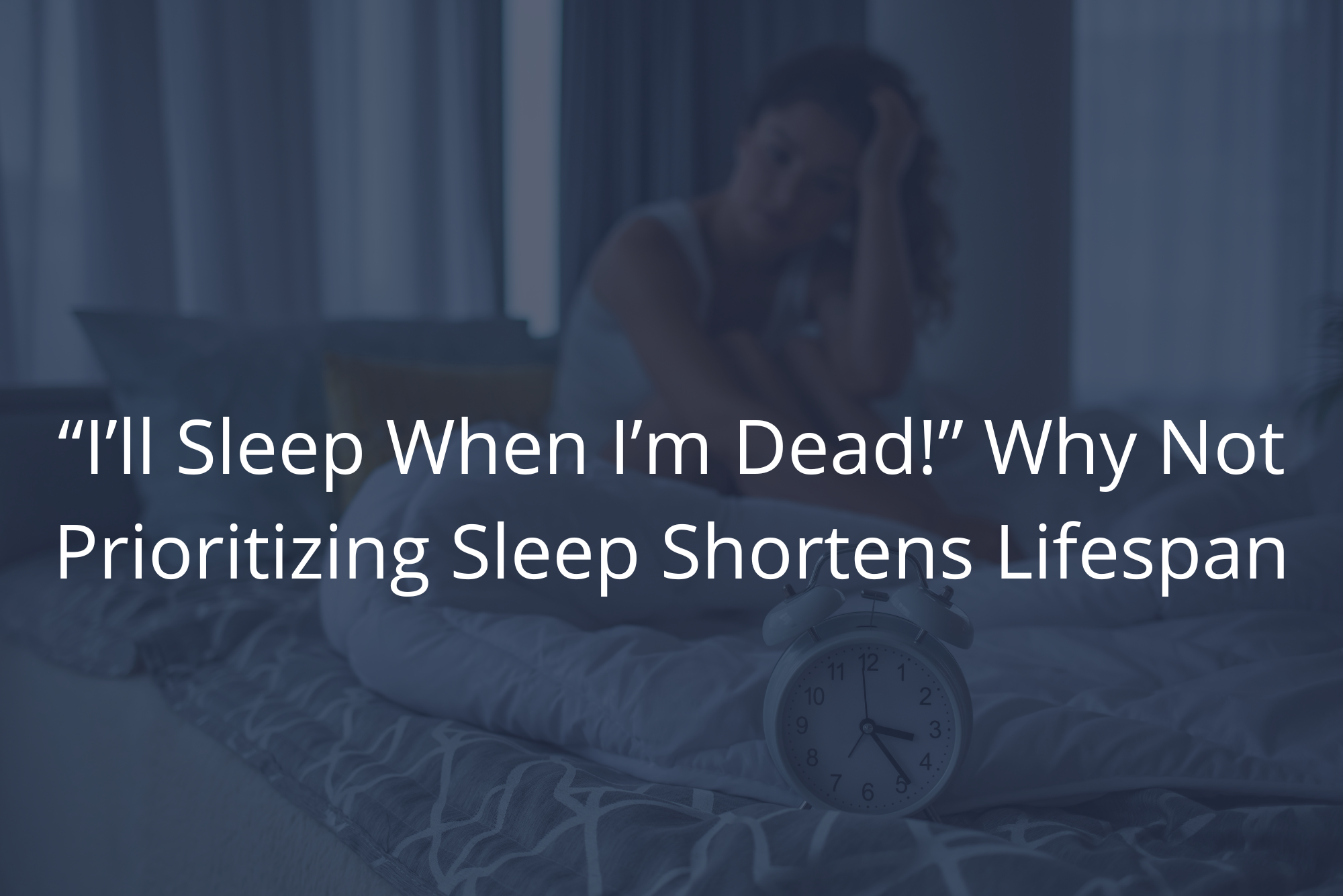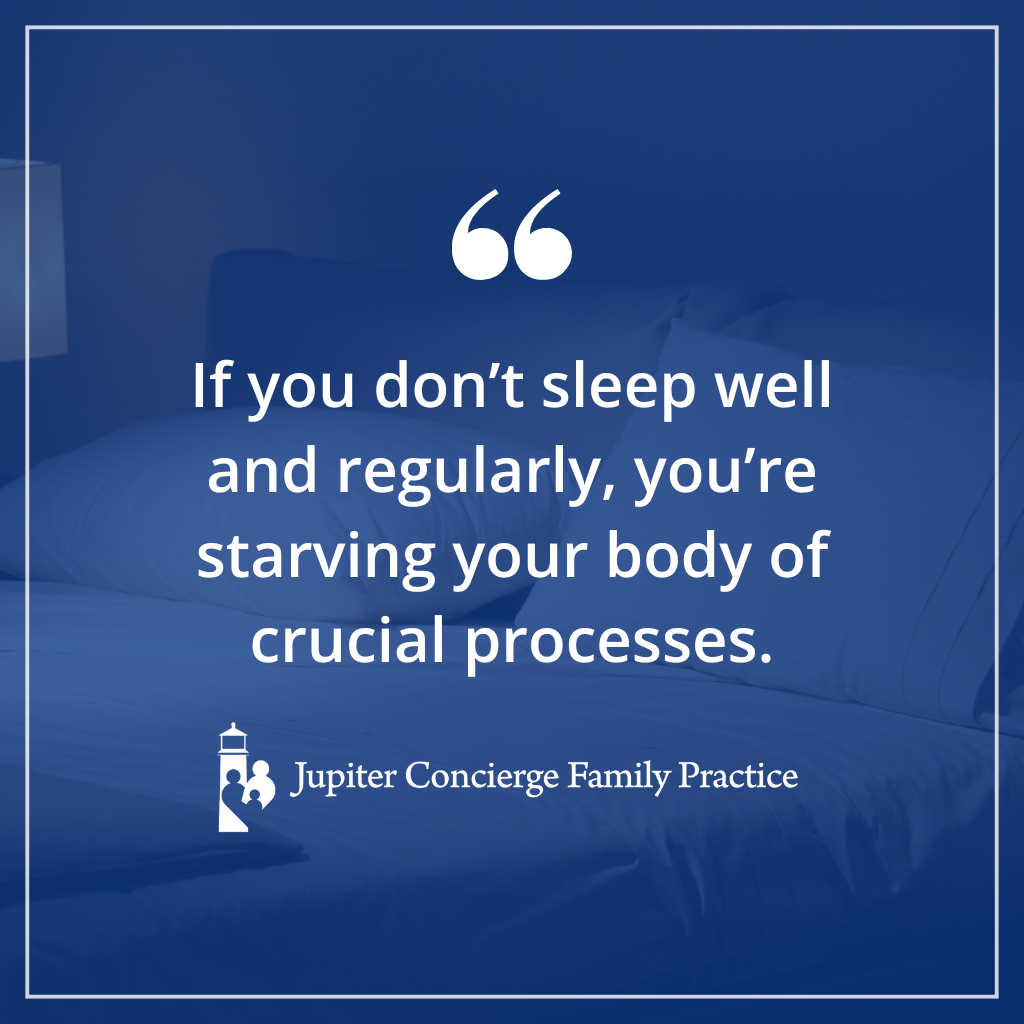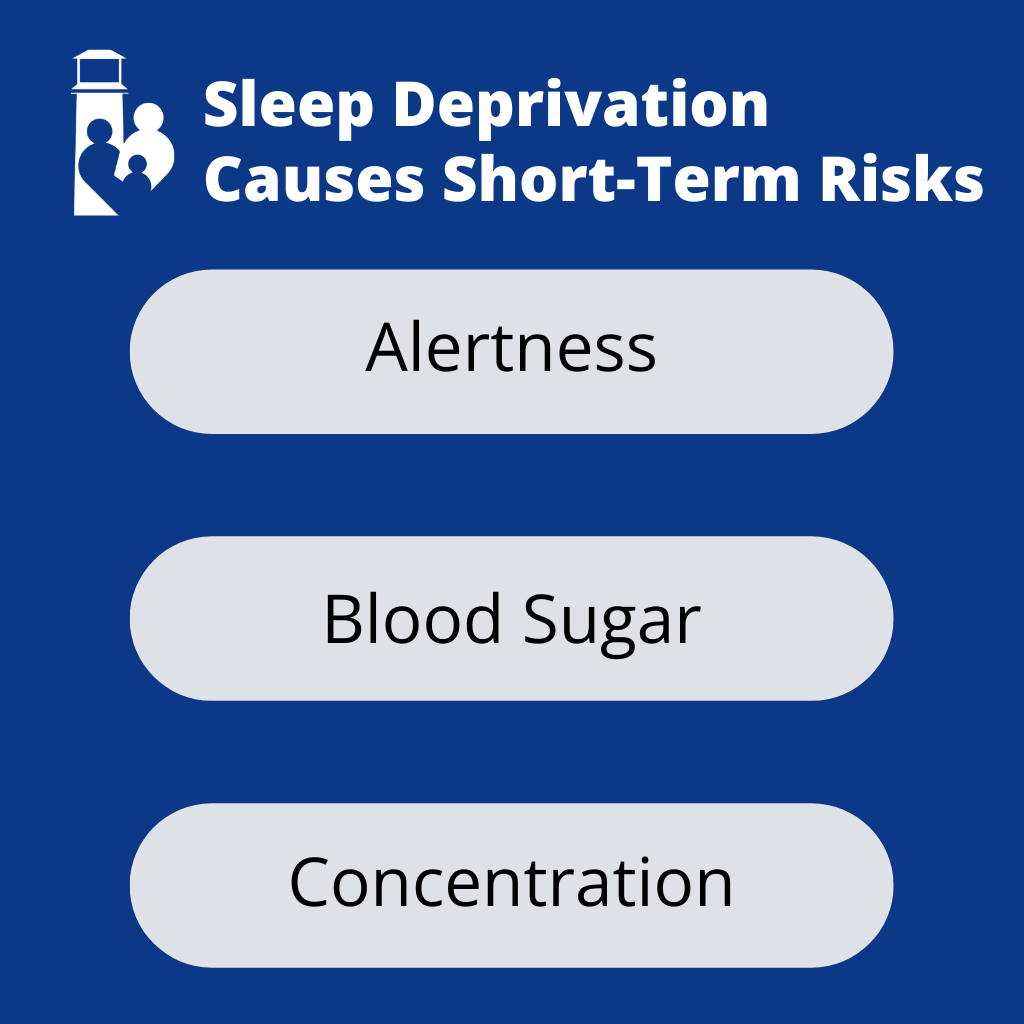
We all know there are only 24 hours in a day, yet we persist in trying to squeeze more minutes from them.
In our quest for more time, we often sacrifice sleep. After all, what a waste! We’re just lying there doing nothing, right?
Wrong.
As I’ve written before, sleep is critically important for our bodies’ health. We need sleep, and we need more of it. Robbing ourselves of sleep doesn’t make us more productive or happier; it digs a deep hole.
Let’s parse it out.
Starving Yourself of Sleep
I used to have a business partner who said, “I’ll sleep when I’m dead.” I’m sure you’ve heard the expression, too, and it demonstrates how little regard we have for sleep.
If you don’t sleep well and regularly, you’re starving your body of crucial processes. During sleep, our body defragments its bodily hard drive, putting things back into place and allowing our immune system to do its work. Things like chromosomal repair, electrolyte balance, and stress hormone regulation happen during sleep.
Taking time away from sleep may give you more time in the day, but that time is less effective, less efficient, and less enjoyable. And it has serious consequences.
If you’d rather sleep when you’re dead, know that time may come sooner than you wish if you don’t take sleep seriously.
The Sleep/Lifespan Link
Sleep deprivation, or sleep starvation, has both immediate and long-term effects on the human lifespan.
Sleep Deprivation Causes Short-Term Risks
- Alertness. Our bodies need to be alert to function optimally. When we’re not fully rested, we run on stress hormones like adrenaline and cortisol. These handy hormones keep us upright and responsive, but they aren’t meant to power our engines all the time. As a result, when we’re operating in a sleep-deprived state, we’re less alert than we otherwise would be.
This drowsy, slow status makes us more likely to get injured, whether by falls or in car wrecks. It’s less about running through a red light and more about being unable to respond quickly or proactively to other drivers on the road.
- Blood sugar. Lack of sleep affects our blood sugar balance, increasing our desire to eat more. This leads to weight gain and possibly insulin resistance.
- Concentration. When we’re sleep-starved, we’re more likely to make mistakes in judgment. We may agree to things we otherwise wouldn’t, setting ourselves up for unpleasant or even detrimental situations. Additionally, a lack of sleep negatively impacts our ability to perform certain skills. This leads to problems at work, at home, at the gym… let’s just simplify it and say everywhere.
This affects the nervous system and, over time, can spur a heart attack.
Sleep Deprivation Causes Long-Term Risks
Over time, starving our bodies of sleep shortens our lifespans. Here’s how the sad tale turns out:
- Mood Changes. Self-regulation and mental tranquility are, in part, functions of being well-rested. When we are chronically sleep-deprived, our peace of mind can go from perturbed to non-existent. We become more irritable and less forgiving. This affects every relationship we have — with our partner, parents, children, colleagues and bosses, social community, etc. Our previous abilities to handle conflict are blunted and worn away.
Quality long-term relationships correlate with longevity. In other words, beyond impacting quality of life, sleep deprivation seriously impacts life span.
- Heart Disease and Metabolic Problems. Those short-term blood sugar issues we mentioned above, combined with increased blood pressure, lead to several life-ending realities. Sleep deprivation increases your likelihood of developing heart disease, diabetes, stroke, and heart attack.
- Neurodegenerative Diseases and Cancer. Because sleep deprivation hinders the body’s ability to repair itself at night, we have a panoply of undesirables over time. During sleep, we repair damage to muscles, the brain and nervous system, our chromosomes, and even our DNA. When this repair is hampered and stunted, we’re at risk for neurodegenerative disease and cancer.
Feed Your Sleep
Now that we’ve toured the grim consequences of inadequate sleep, let’s explore what you can do if your sleep isn’t up to snuff.
My top two tips are:
- Go to sleep before 10 p.m., allowing your body to do its best defrag work between 11 p.m. and 1 a.m.
- Practice excellent sleep habits, also known as sleep hygiene.
You can read an in-depth blog post I wrote about sleep hygiene for more detailed support, but here are the highlights:
1. Go to bed early.
2. Don’t change your bedtime.
3. Establish a bedtime routine.
4. Put your work away.
5. No TV before bed.
6. Read something uplifting.
7. Journal.
8. Avoid alcohol.
9. Exercise regularly.
10. Avoid foods you might be sensitive to.
11. Increase your melatonin.
“Sleep When You’re Dead?” Not Quite.
Sleep is not time wasted. If you value your time, protect your sleep. Not only will you feel better in the short term — alert, focused, and nourished — you’ll also set yourself up for long-term health and longevity.


